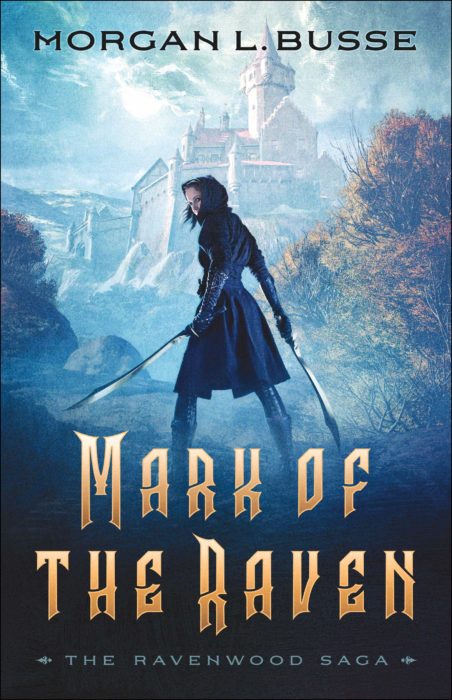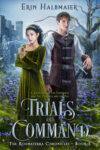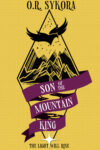Those who walk in dreams wield great power to inspire—or destroy.
For generations, the women of House Ravenwood have abused their gift of dreams.
No, they are not gifted with daydreams or hopes for a better future. Instead, these women inherit the supernatural ability to actually walk in another person’s dreams. They’re able to share in, and even help to manage, a person’s memories and fears.
Such a great gift may help a dreamwalker better know or even love another person.
Or such a terrible gift may help to inflame the dreaming target’s worst terror, working from the inside out to ruin or even murder that person.
As readers fall into Mark of the Raven’s vision, House Ravenwood’s heir apparent, Lady Selene, has just received the dreamwalking gift. At this rite of passage, Selene becomes privy to more secrets of her family, their castle and lands, and their part in the history of the land’s seven great houses that are each supernaturally gifted.
Selene also learns that her family line was nearly destroyed by an evil empire, left without help from other houses. For Selene’s mother, Lady Ragna Ravenwood, that generational grievance justifies many actions, including the fact that dreamwalkers like Ragna have acted more like dream mercenaries. They’ve sold their gift to any employer who needs to slay a political enemy and make it look like natural death.
What, then, does a young dreamwalker do when her mother tells her that dream-assassination is the only way to protect your family—and that, by the way, if you don’t, she’ll just go to your younger sisters and train them to become killers?
This last tension for Lady Selene seems to give this story its primary driving force. As Morgan Busse’s first Ravenwood Saga episode, Raven is light on action but heavy on familiar-yet-complex character drama, mounting tension, and lush details.
Readers may especially appreciate Busse’s emphasis on the tragedy and humanity of every person, both House leaders and the marginalized. In this world, every soul matters—not just the life of Damien Maris, the water-gifted leader of his house who wrestles with the choices of war, but the lives of the castle servants whom Selene has known for years and whose memories she’s forced to turn against them.
Morgan L. Busse has written six novels, including the Follower of the Word fantasy trilogy and The Soul Chronicles series. She and her husband have four children.
MorganLBusse.com
@MorganLBusse
Explore this novel in the Lorehaven library.
Such themes could lead to simplistic conclusions: peace good, war bad; love good, assassination bad. Yet Busse doesn’t let Raven escape into such sentiments. Damien wants to protect his House for peace, but can’t do this without also imperiling the lives of his enemies. Selene wants to protect her sisters, and also her own heart from the pain of wounding others, but at the cost of her own humanity. And all the while, their world is haunted by the whispers of some lost and ancient past, when every member of every House used their supernatural gifts for good.
This is a great way for Christian-made stories to explore magical gifts. It’s not the magic itself, but its human limitations—and even its human abuse—that makes it interesting in a story. For the Ravenwoods, we’re certain their sin has separated them from rightful use of their gifts, but not forever. Here’s dreaming that fans can share in more stories like this, in The Ravenwood Saga series and beyond.
Best for: Young-adult and adult fans of medieval fantasy, who love human drama and poignant challenges about character relationships and talents.
Discern: Selene’s family drama, which includes a sinful parent and rightful rebellion against her; references to physical attraction, but within a context of covenant love.


























Have you read Mark of the Raven ? Share your own review.